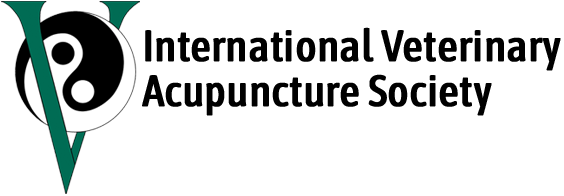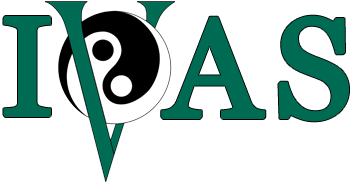Answer to 2023 4th Quarter “What Herb am I?
What Herb am I? - Author Katja Görts, DVM, CVA, CVC, CVCH, CVWH
Today we are looking into a TCVM formula. It belongs to the category of Wind-Damp dispelling formulas. The original source where it can be found is in the Bei Ji Qian Yao Fang by Sun Si-Miao from the Tang dynasty.

The way the formula is described in Chen & Chen’s book ‘TCVM formulas for Veterinarians’ it consists of 15 single herbs. The emperor herb is Du Huo (Rx. Angelica pubescentis). All other herbs are contained in equal parts. Besides herbs that dispel wind, cold and dampness (Du Huo, Xi Xin), the formula contains herbs to tonify the Liver and Kidney (Sang Ji Sheng, Du Zhong, Chuan Niu Xi), activate blood circulation (Dang Gui, Chuan Xiong, Di Huang, Bai Shao), strengthen the Spleen (Ren Shen, Fu Ling), warm the channels and opens the blood vessels (Gui Xin). Gan Cao harmonizes the formula.
This formula dispels wind-dampness, relieves painful obstruction syndrome (bi-zheng), nourishes the Liver and Kidney and tonifies Qi and Blood.
Clinical manifestations would be chronic soreness and pain in the lower back and stifles, stiffness with reduced range of motion in the extremities, difficulties rising after times of rest, lameness at the beginning of movement that is improving once the animal has ‘warmed’ up. The animals often feel cool/cold to the examiners touch in the lumbar area, show an aversion to wind and cold, prefer warm places and like wearing a blanket or coat. Horses tend to stand in the sun longer than their stablemates and erect their hair. Usually, the patient’s tongue is pale and might have a white coating, pulses are weak and thin.
Western indications include chronic cervical and back pain, spondylosis, osteoarthritis of the hips, stifles, and hocks, IVDD, esp. of the thoracic and lumbar spine, cauda equina syndrome, hip dysplasia, ACL tears, patellar luxation and orthopedic post-surgical recovery.
Besides post-surgical orthopedic patients the author finds the formula extremely helpful in OA patients, mostly elderly ones who are getting along quite well in warm and dry conditions but experience deterioration of their condition once the weather turns windy, cold and damp, so in late summer/autumn in the northern hemisphere. Also, patients with beginning urinary and/or fecal incontinence related to orthopedic disease of the lower back benefit from this formula.
The name of this herbal formula is Du Huo Ji Sheng Tang or Angelica pubescens and Taxillus Decoction
References:
- Chen JK, Chen TT, Beebe S, Salewski M, Chinese Herbal Formulas for Veterinarians, Art of Medicine Press
- Bensky D, Gamble A, Kaptchuk T, Chinese Herbal Medicine Materia Medica, Revised edition, Eastland Press Inc.: Seattle, WA, USA 1993
- Xie H, Preast V, Xie´s Chinese Veterinary Herbology, 1 st edition. Ames, IA:Wiley-Blackwell, 2010

